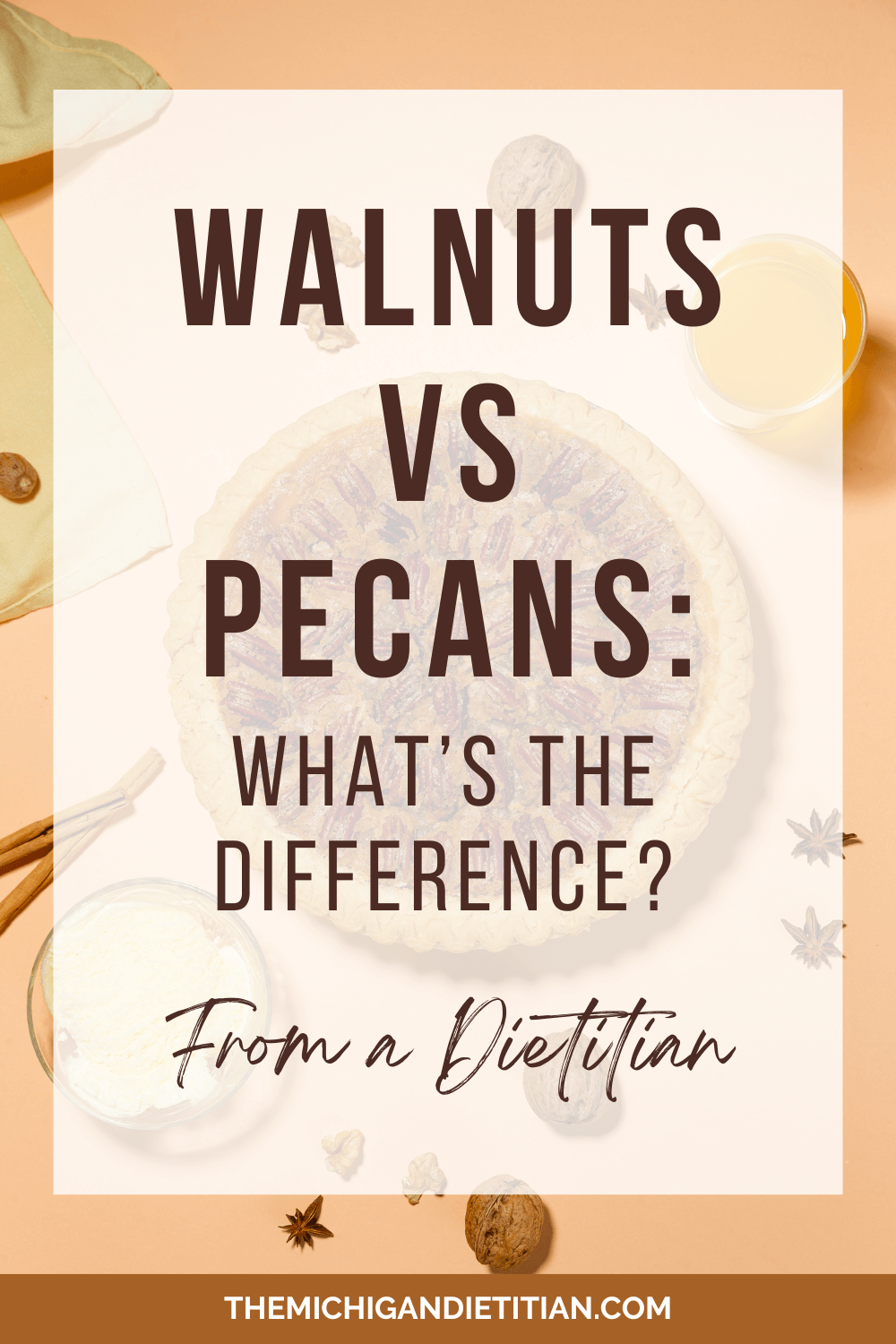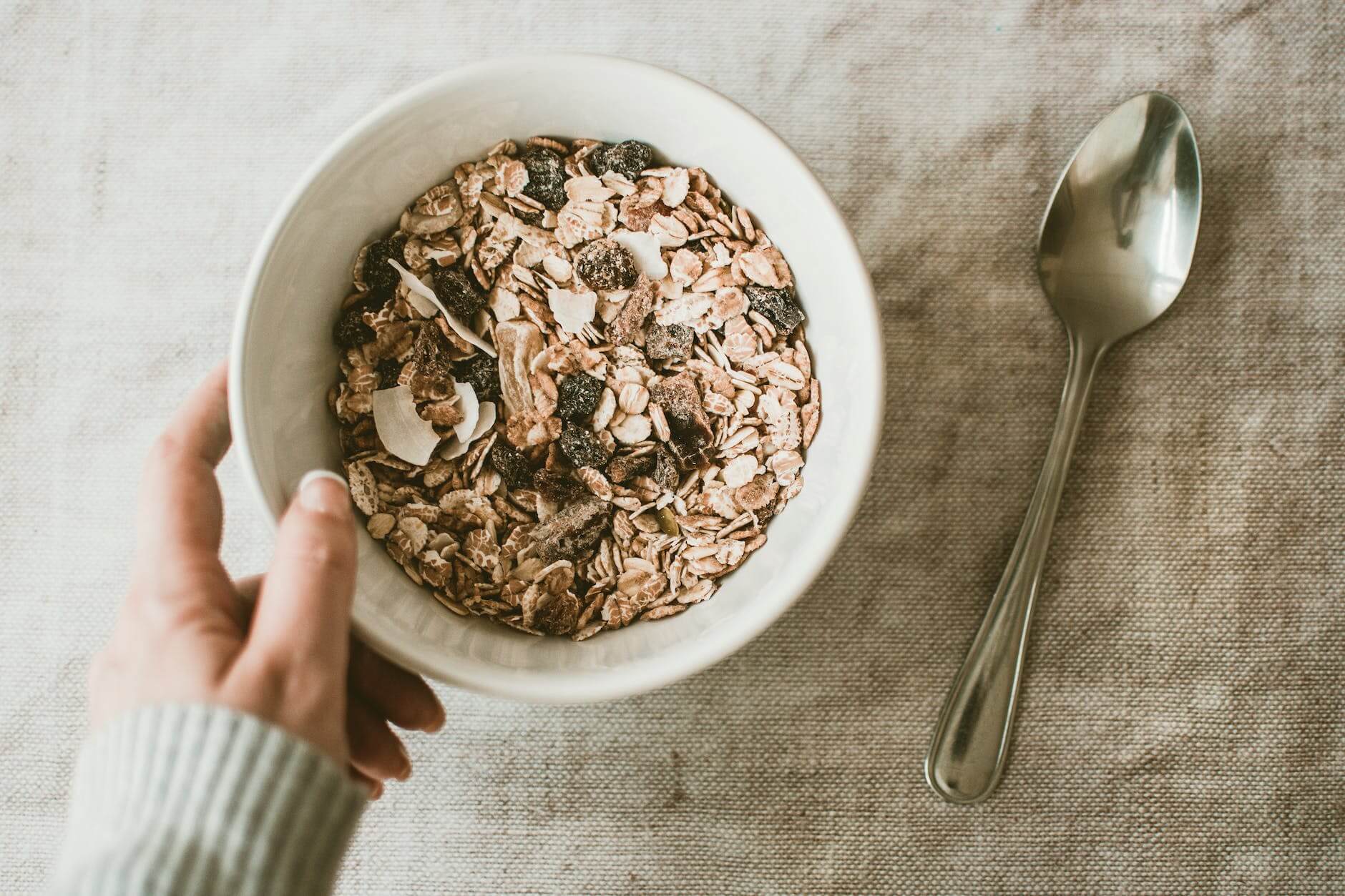You’ve heard about vegetarian and vegan diets but have you heard about plant-based diets? Unlike vegetarianism and veganism the allowed foods are less strict.
What is a Plant-Based Diet?
Although the direct definition of what a plant-based diet exactly is, can be referred to in different ways-even the term is sometimes coined plant-forward! Generally, following a plant-based diet means to reach for more whole foods and less animal-based and processed foods. Some will say veganism and plant-based are synonyms while others understand it as a way of eating that is geared towards less foods being from animals and more coming from plants.
Followers of a plant-based diet tend to be flexible with their choices. They may not have dairy too often, but unlike a vegan diet, they may still have it once in a while. Basically, this way of eating is to be more mindful of your consumption but without setting harsh lines as to what is and isn’t off limits.

A Change of Eating, for Health
It is well-known that eating more fruits and veggies and less meat and animal products often times leads to better health. A 2019 systematic study found that a plant-based diet may lead to reduction in obesity and certain chronic disorders.1 Even just replacing some animal products with whole foods had positive outcomes for research participants. With cardiovascular diseases and related issues becoming more and more common it is exciting to know that this diet is associated with less cardiovascular diseases.
It has been greatly known that this diet may lead to weight loss or improved physical health but there is little research on the outcome of its effects on mental and cognitive health.
A Change of Eating, for The Animals
If your heartstrings haven’t ever been tugged by someone who already eats a plant-based or the like style diet, you’ve gotten lucky. Health can be a major motivator to make the change, but so can protection of animals.
New technology and techniques have made it possible for increased animal production and enlarged animals themselves.
A Change of Eating, for The Environment
Not only can focus on eating more plants help your health, it can also aid the health of the world. The United Nations Environment Programme found that, “animal products, both meat and dairy, in general require more resources and cause higher emissions than plant-based alternatives.”3 This side of plant-based eating sometimes receives criticisms as there are other sources of high emissions. Comparing your actions to what you could be doing isn’t beneficial. My take is that any reduction is still a step in the right direction.

A plant-based diet is more likely to produce good health and to reduce sharply the risk of heart problems, cancer, diabetes, osteoporosis, gallstones, and kidney disease.
T. Collin Campbell

Going Plant-Based
Changing the way you eat isn’t a simple feat. It begins with a mindset shift then setting yourself up for success. As you begin, slowly consume less and less animal products that you already own. Do not start this new way of eating my tossing everything you have in the house into the trash. Go ahead and slowly finish it off. Along with going plant-based for health and animal welfare, sustainability also is considered. Throwing away food is not ideal. If you truly do not want it anymore, give it away instead of simply tossing it!
A great way to easily reduce the animal consumptions is instead of basing your meals around an animal-product, use it as a side or garnish! A previous meal may have been a simple sheet pan meal of chicken with potatoes and broccoli. Now, simply replace the chicken with chickpeas…or just replace some of the chicken! The chickpeas will still provide ample protein.

Once there are no long an abundance of non-plant-based foods are in your reach, do some research before heading to the grocery store. Plan meals and snacks ahead of time. Also, do not get overly-excited, if you still would like some yogurt for breakfast or cheese with dinner don’t forbid it.
Keep in mind that this new way of eating will likely include more fiber-rich and lower calorie foods. This means you may be full quicker than with your previous meals. Although, you must still be intentional about consuming protein. It is not difficult to ‘get enough protein’, you just have to be intentional and educated on the foods you eat.

Concerned?
Without animal products are you concerned about where you will get your protein? Check out my article on Surprising Sources of Protein. You will be surprised about how much protein non-animal products provide! There are great resources available online and in from plant-focused cookbooks! Check out Ali from Wholesome Crumbs! She has a blog dedicated to plant-based recipes for any occasion!

Plant-Based Foods
- Produce
- Fruits and veggies are always something that is guaranteed plant-based!
- Nuts
- Legumes and beans
- Lentils
- Seeds
- Grains
Eaten Less Often
- Eggs
- Cheese
- Meats
- Refined grains
- Crackers
- Sweets
- Cookies, brownies, cakes

References
- Medawar E, Huhn S, Villringer A. The effects of plant-based diets on the body and the brain: a systematic review. PubMed Central. https://www.ncbi.nlm.nih.gov/pmc/articles/PMC6742661/. Published 2019. Accessed August 10, 2021.
- Satija A, Hu F. Plant-based diets and cardiovascular health. PubMed Central. https://www.ncbi.nlm.nih.gov/pmc/articles/PMC6089671/. Published 2019. Accessed August 10, 2021.
- Assessing the Environmental Impacts of Consumption and Production. Resource Panel. https://www.resourcepanel.org/reports/assessing-environmental-impacts-consumption-and-production. Published 2021. Accessed August 17, 2021.





Leave a Reply